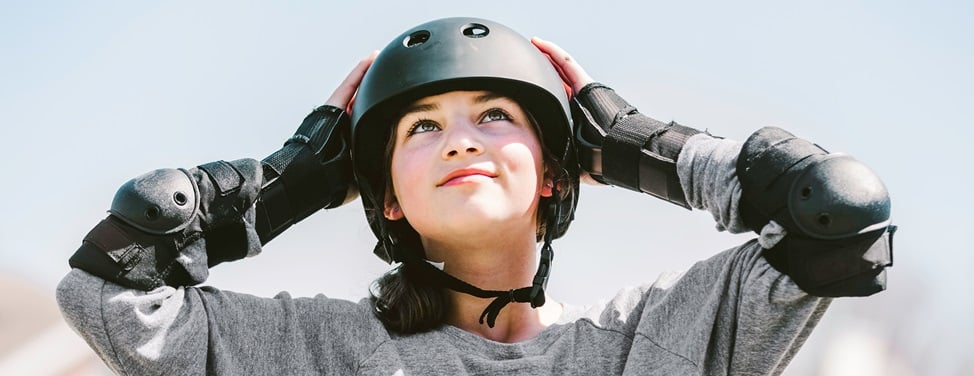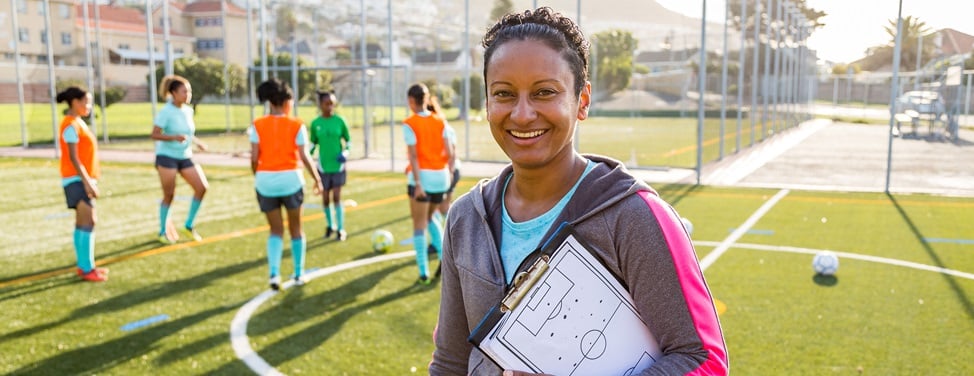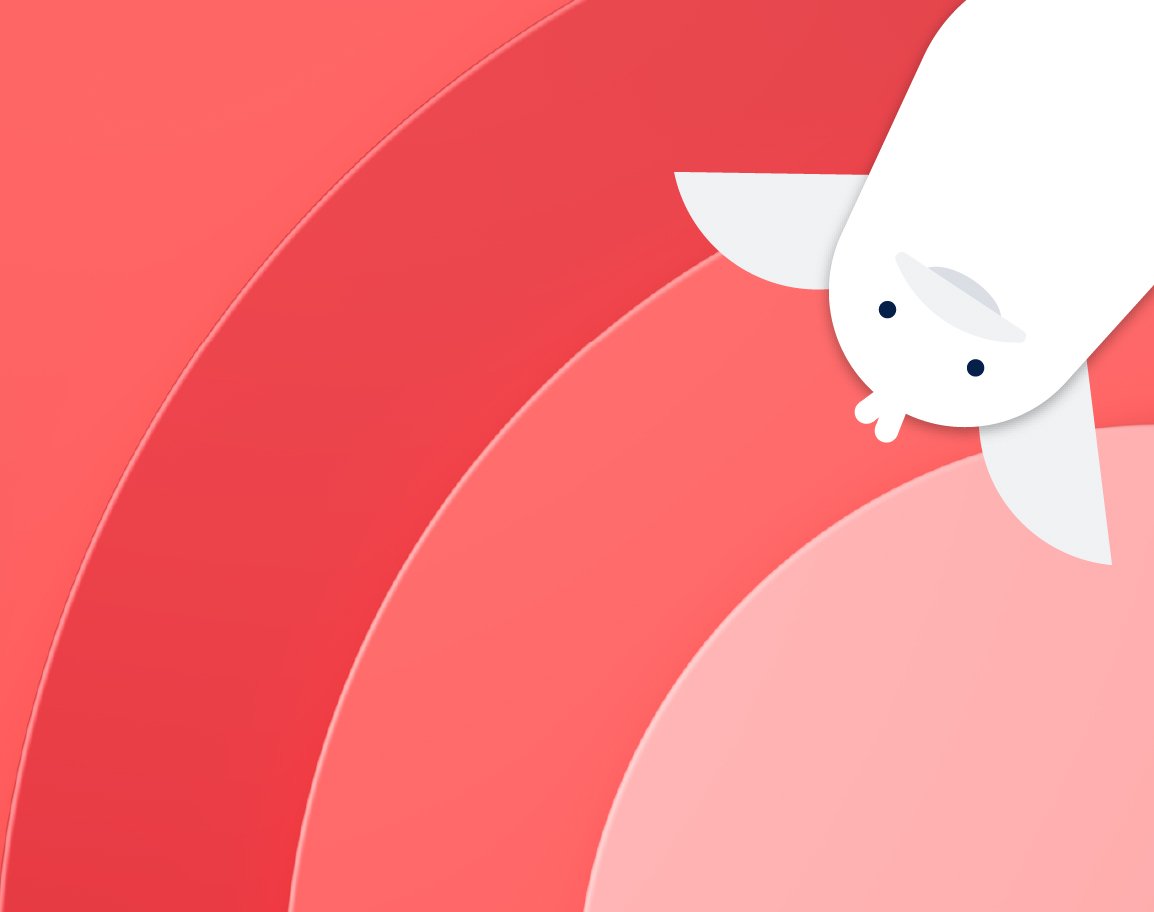What is a concussion?
A concussion is a type of traumatic brain injury. Concussions are caused by a bump or blow to the head. Even a "ding," "getting your bell rung," or what seems to be a mild bump or blow to the head can be serious.
You can't see a concussion. Signs and symptoms of concussion can show up right after the injury or may appear days after the injury. If your child reports any symptoms of concussion, or if you notice the symptoms yourself, seek medical attention right away.
What are the signs and symptoms of a concussion?
Signs observed by parents or guardians
If your child has experienced a bump or blow to the head during a game or practice, look for any of the following signs and symptoms of a concussion:
- Complains of headache
- Appears dazed or stunned
- Is confused about assignment or position
- Forgets an instruction
- Is unsure of game, score or opponent
- Moves clumsily
- Answers questions slowly
- Loses consciousness (even briefly)
- Shows mood, behavior or personality changes
Symptoms reported by athlete
- Headache or "pressure" in head
- Nausea or vomiting
- Balance problems or dizziness
- Double or blurry vision
- Sensitivity to light
- Sensitivity to noise
- Feeling sluggish, hazy, foggy or groggy
- Concentration or memory problems
- Confusion
- Just "not feeling right" or "feeling down"
How can you help your child prevent a concussion or other serious brain injury?
- Ensure that they follow their coach's rules for safety and the rules of the sport.
- Encourage them to practice good sportsmanship at all times.
- Make sure they wear the right protective equipment for their activity. Protective equipment should fit properly and be well maintained.
- Wearing a helmet is a must to reduce the risk of a serious brain injury or skull fracture. However, helmets are not designed to prevent concussions. There is no "concussion-proof" helmet.
What should you do if you think your child has a concussion?
Seek medical attention right away. For young athletes planning to return to physical activity, our Pediatric Sports Concussion Program specializes in evaluation, diagnosis and management of all sports-related concussions. A health care professional will be able to determine the severity of your child's concussion and advise you on when your child can safely return to their regular activities, including sports.
Keep your child out of play. Concussions take time to heal. Don't let your child return to play the day of the injury. Wait to return to play until a healthcare professional says it's okay. Children who return to play too soon — while the brain is still healing — risk a greater chance of having a repeat concussion. Repeat or later concussions can be very serious. They can cause permanent brain damage, affecting your child for a lifetime.
Tell your child's coach about any previous concussion. Coaches should know if your child had a previous concussion. Your child's coach may not know about a concussion your child suffered in another sport or activity unless you tell the coach.

































